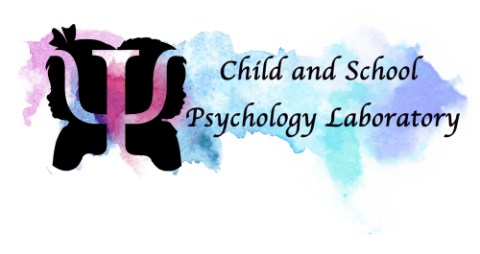
Major Research Interests
• Reading acquisition
• Biliteracy development
• Early childhood intervention
• Socioemotional development
• Autism spectrum disorder
• Attention-deficit/hyperactivity disorder
Current Projects
Jockey Club Keen and Active Kids Project 賽馬會喜躍悦動計劃
This project aims to develop a school-based service model to support and train students with ADHD in primary and secondary schools. The research team will develop intervention programmes that will be delivered to students, parents, and schools through professionals at non-governmental organizations (NGOs). The objective is to enhance support for students with ADHD across all levels (Tier 1-3) of the 3-Tier Intervention Model, utilizing evidence-driven practices and intervention approaches.
IG: https://www.instagram.com/hkujckak.adhd/?igshid=M2RkZGJiMzhjOQ%3D%3D
FB: https://www.facebook.com/profile.php?id=61553460687659
Effects of near-infrared spectroscopy neurofeedback training coupled with virtual reality technology in children with ADHD
A recent advancement in attention training involves using neurophysiological information as biofeedback to assist individuals in self-regulating their attention. This study examines the effectiveness and feasibility of conducting near-infrared spectroscopy neurofeedback training in a virtual reality environment for children with ADHD. It will contribute evidence regarding the ecological validity of such intervention approaches beyond laboratory settings.
Social coping strategies across autistic and non-autistic people
Recent research based primarily on UK adult reports has identified various social coping strategies employed by both autistic and non-autistic individuals to compensate for social difficulties, explaining how autistic people may achieve improvements in social adjustment but often at the cost of compromised mental health. In this project, we explore the usage patterns and correlates of social coping strategies across cultures. By extending the scope of current research beyond Western countries, we aim to address a methodological gap and develop a novel tool that captures a broader range of such strategies.
Development of emotion regulation among school-aged children with ADHD
Previous research has primarily focused on the executive function deficits associated with ADHD. However, there has been increasing interest in understanding the role of emotion regulation in ADHD. This project seeks to investigate the development of emotion regulation in children and adolescents with ADHD. The findings from this study may provide valuable insights for the development of future intervention programs targeting emotion regulation in students with ADHD.
